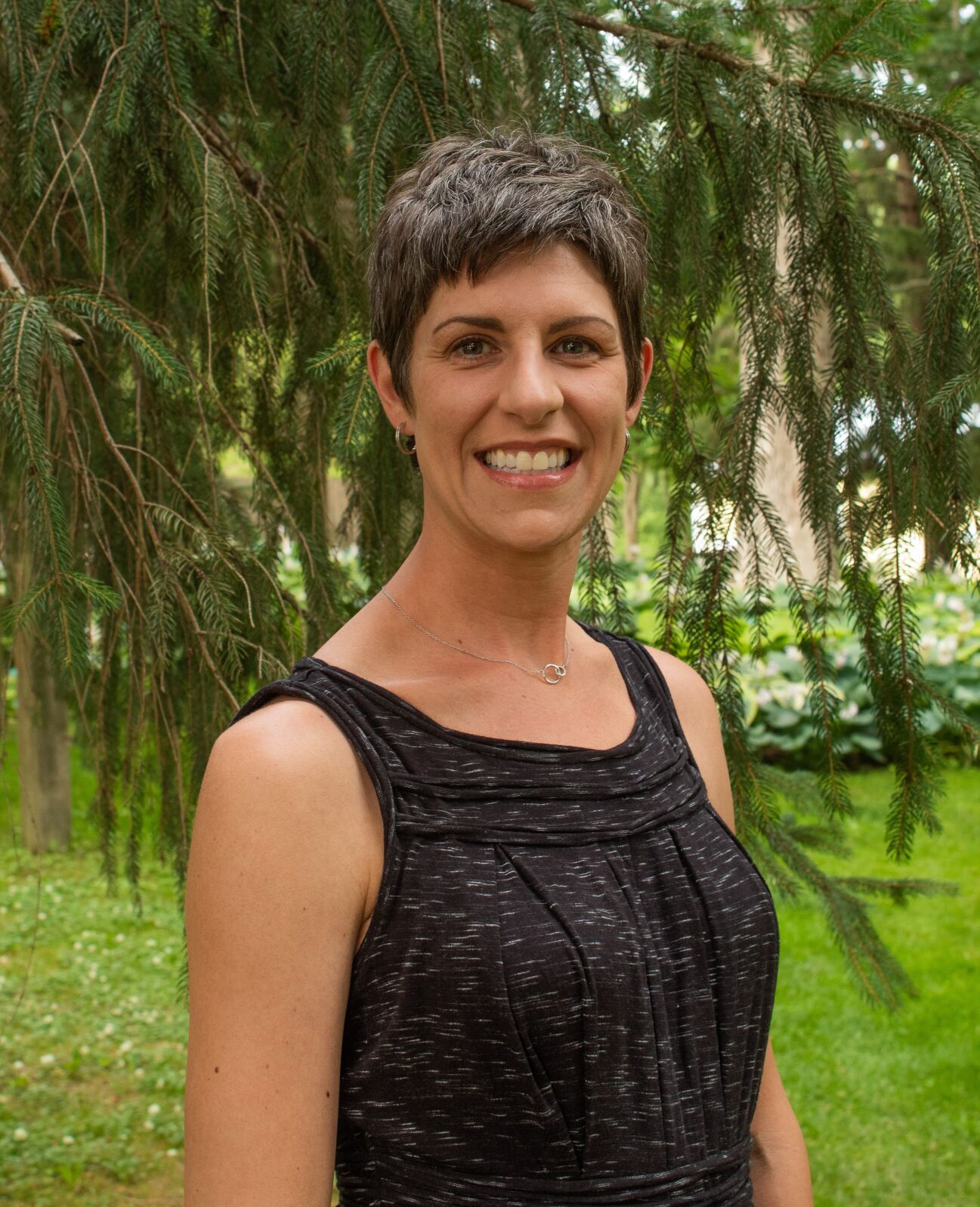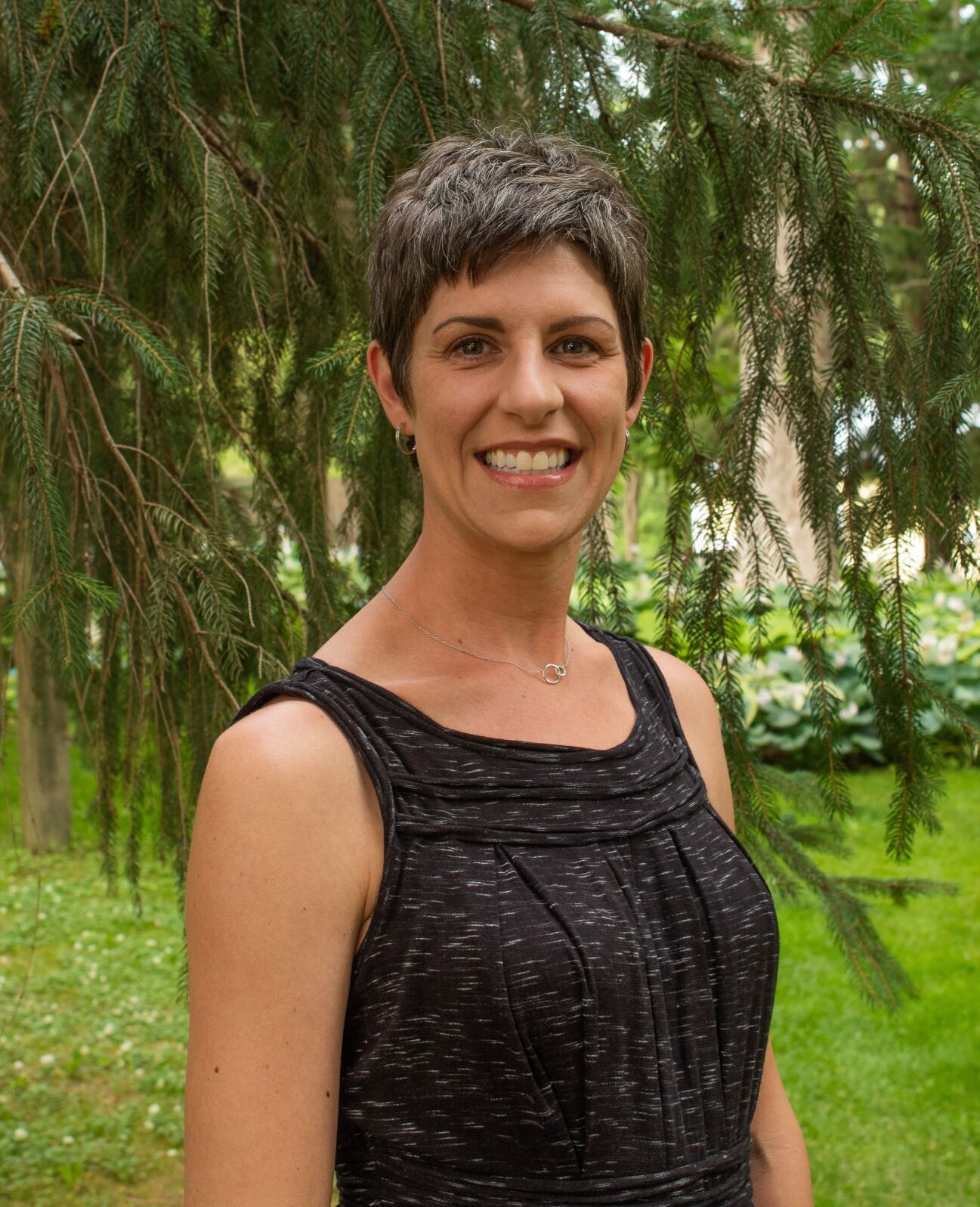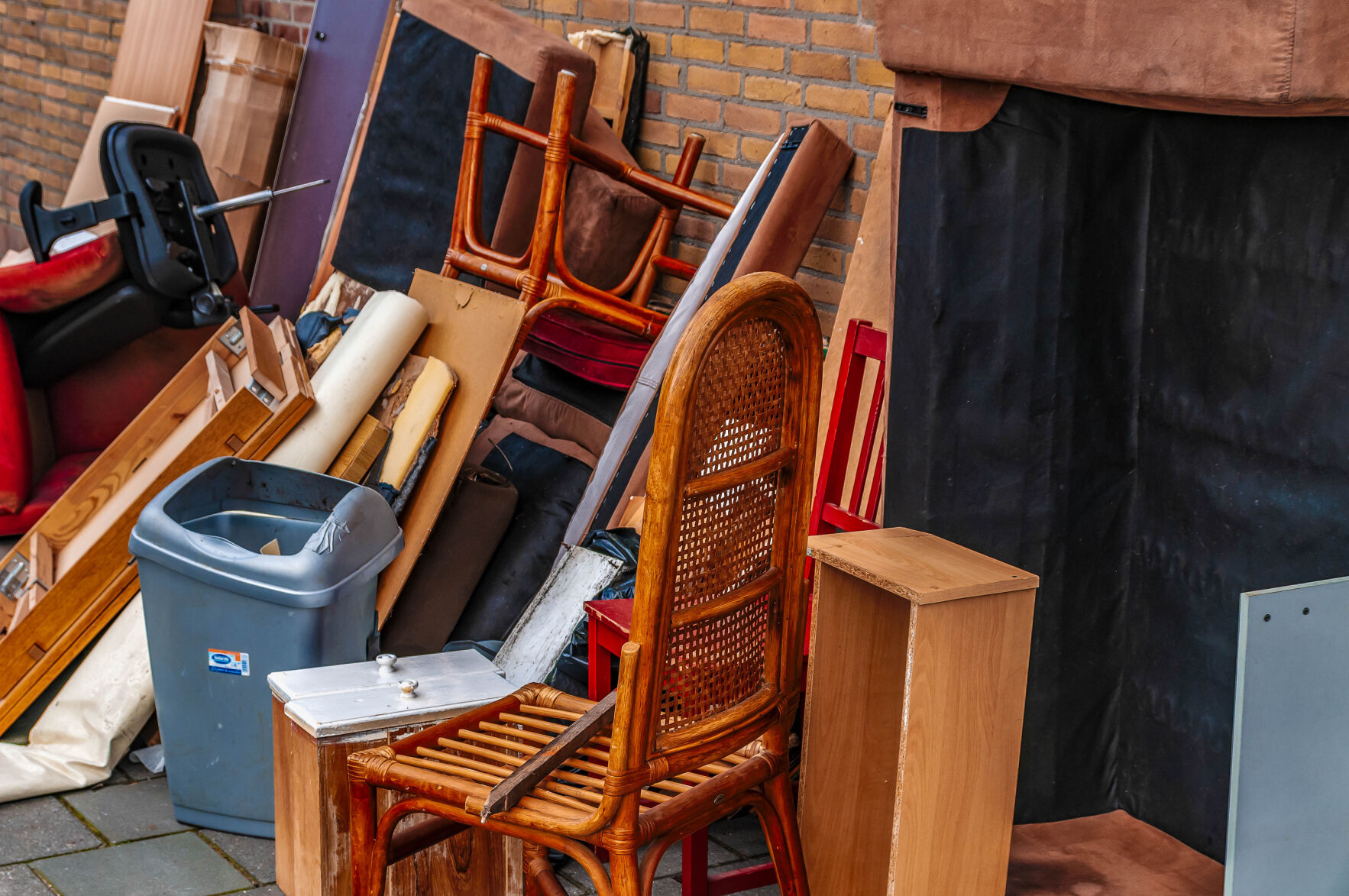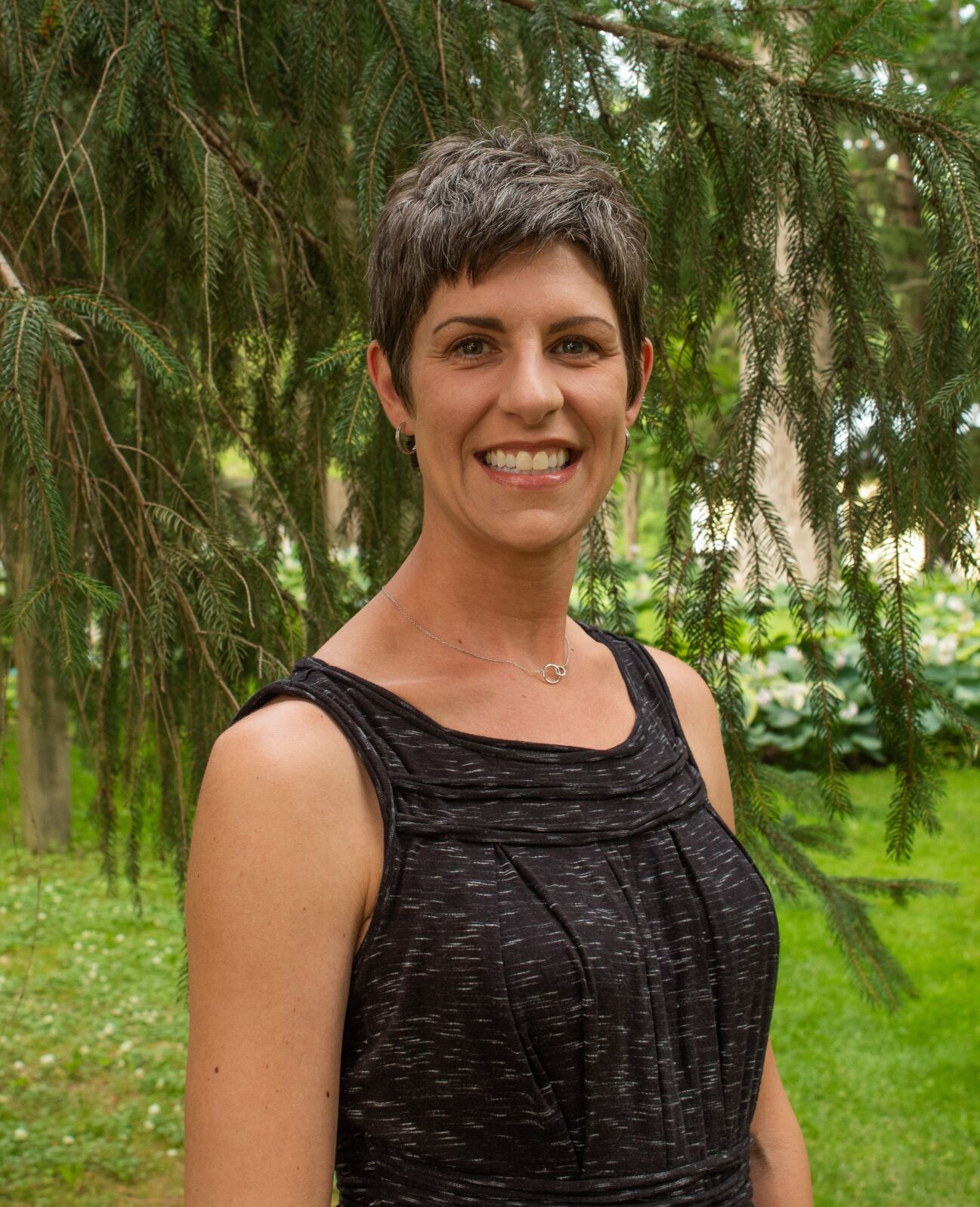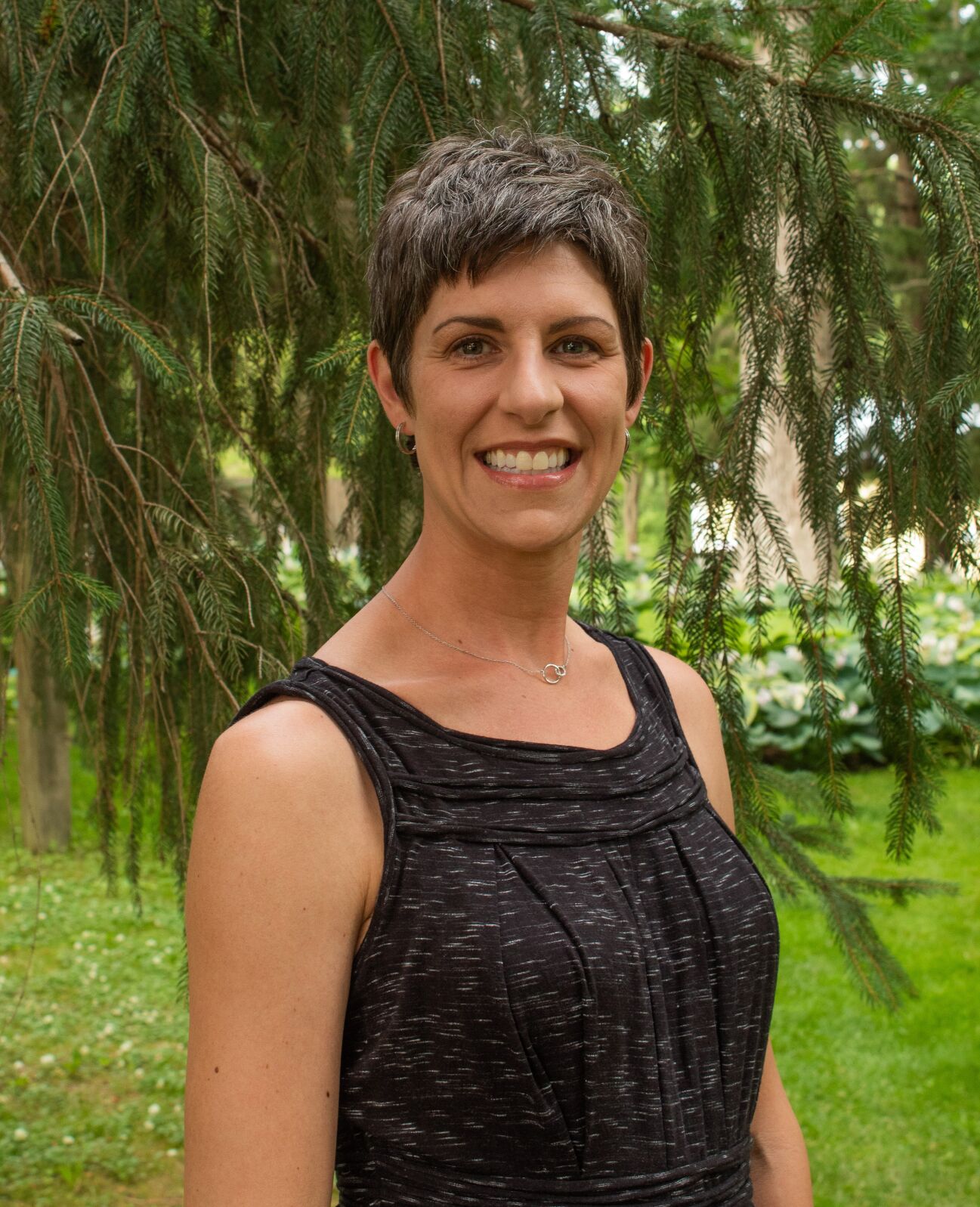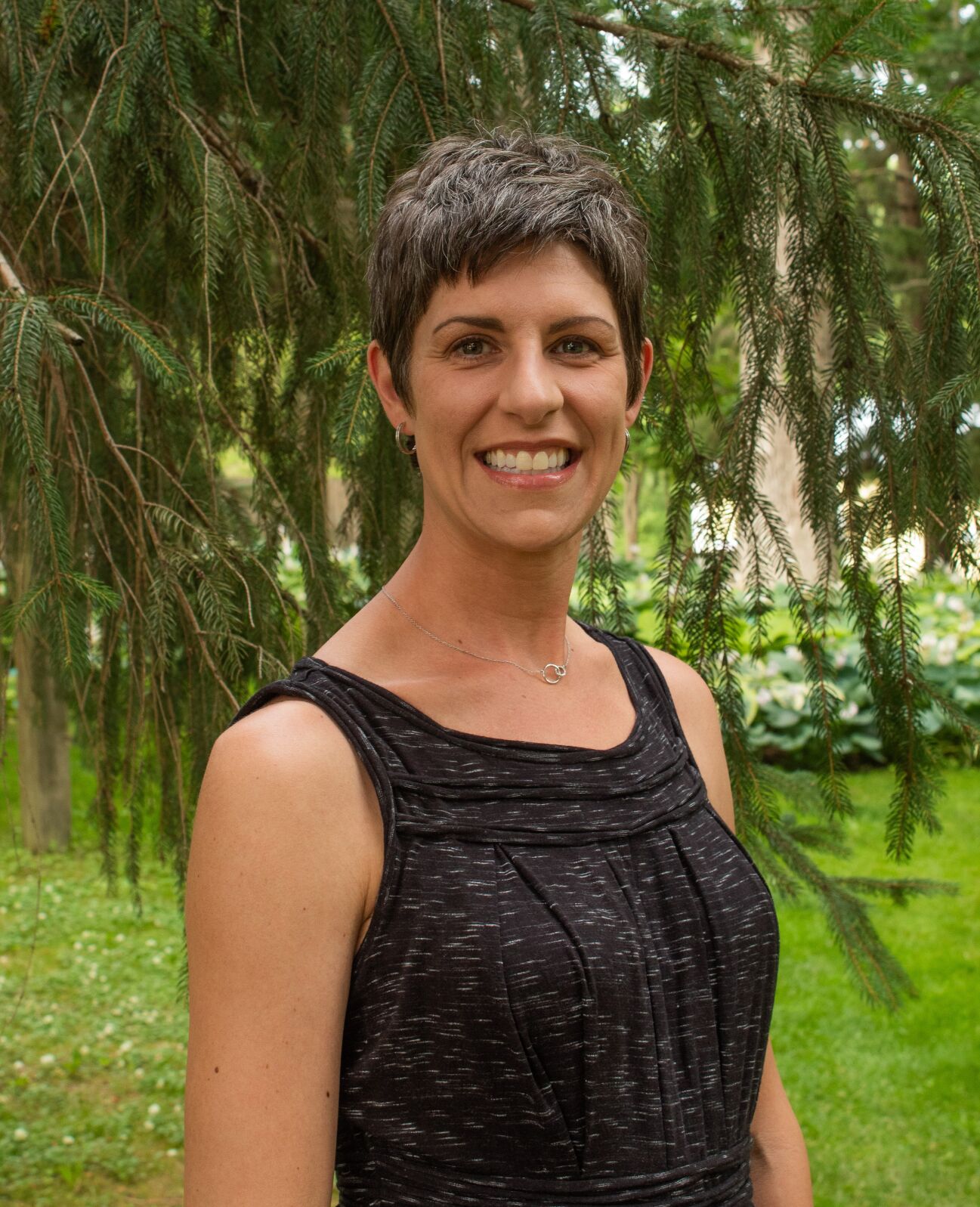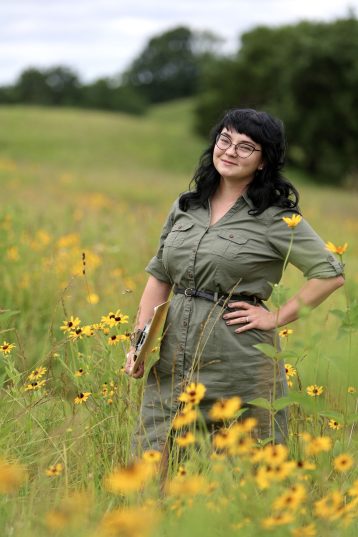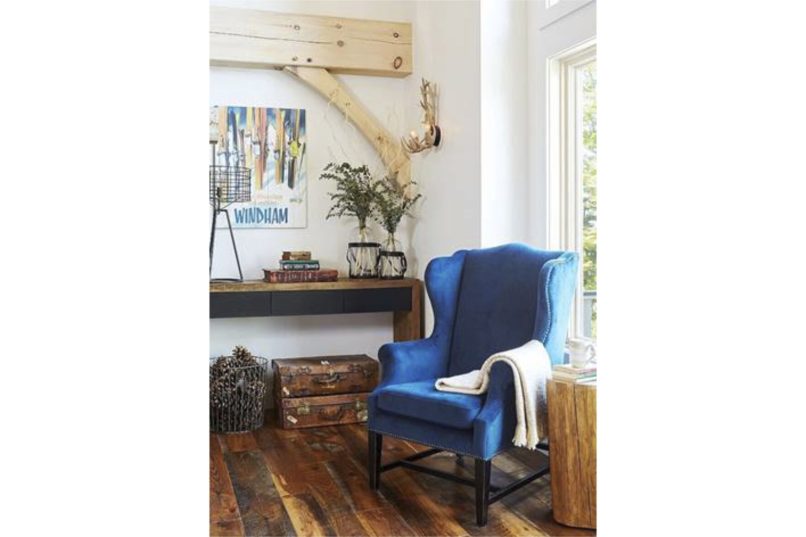V eryWellMind.com states, “A relationship is any connection between two people, which can be positive or negative.”
While we easily might be able to reflect on the relationships we have with family, friends, significant others, co-workers and so on, one of the biggest relationships many overlook is the relationship we have with our stuff.
This is the greatest one-sided relationship, as our stuff never talks back. Or does it?
I am a firm believer that our stuff always tells a story. Look at your household collection, and take inventory of your surroundings and the stuff you’ve accumulated throughout the years.
Why are you keeping this stuff?
What memories does this stuff represent?
What use does this stuff provide?
Stuff.
What a weird word to repeat, either in print or when spoken. Take a minute, and look up the definition of stuff — two pages worth in Merriam-Webster. It makes understanding easy by emphasizing words and phrases such as, “personal property,” “trash,” “supplies or equipment,” “scattering of miscellaneous items” and “to cram.”
I challenge you to revive your relationship with your stuff and dig deeper on why you have it. Once you clarify your focus and factor out things that do not represent positive memories or make current life easier, you might realize how many useless items you’ve formed superficial relationships with throughout the years.
Professional organizers easily can identify useful items, personal possessions and everything in between. We listen to your stories about your stuff and quickly pick up on comments like, “I haven’t entertained for years, but maybe I will again someday.” Or, “someone gave that to me and I’ve never used it,” “it’s brand new and I just never needed it,” “I wanted to take up that activity but never did,” “it was on sale,” “I don’t even know what that is — do you?” or “someday someone might want that.”
An observation I’ve made: Homeowners are less likely to organize with age. Life gets busier while our priorities and energy levels change.
Organization should be a lifelong effort, so we don’t end up overwhelmed. Time passes quickly, and stuff is guaranteed to take over. We all say, “I’ll get to that later,” and later never comes.
Like it or not, we are on the cusp of a new era. Our elders typically kept everything, and now, the kids don’t want any of it. Fifty and 100 years ago, many didn’t have extra funds (credit cards) or access to stuff like we do today (internet). Accessibility, income level, family size and political warfare played a huge roll on past generations. With that, our family mindset, along with their physical items, were handed down to each new generation.
We are surrounded by so much stuff. This realization has led many to begin evaluation of our stuff and why we have it.
Taking that into consideration, we are all dealing with other people’s past stuff, as well as our over-consumption of stuff.
Throughout the years, our lack of personal interaction due to technology advances has spiked our desire to fill any void of lost relationships in the form of consuming. Enough exposure to social media, marketing and peers has led us to believe having and giving the newest stuff (in excess) will make everything better and provide happiness.
In reality, look at where we are today. Hoarding, anxiety levels, medications, storage unit development and a full-time profession focused on helping others remove, dispose and organize our stuff proves otherwise.
A majority of professional organizers have a background of owning too much stuff themselves and learned to make lifelong efforts to improve their spaces. This life-changing outcome has inspired a desire to help others see new opportunity and move beyond their prison of stuff.
On the flip side, many organizers, like myself, practiced minimalism before it was even identified as a thing. It comes down to personal exposure, belief and goals.
As we begin February, the month dedicated to relationships, evaluate your relationships. Time spent with others outweighs time spent stressing about stuff that has absorbed your focus and sanity.
I suggest you renew and form new relationships with your stuff, your people and maybe even a professional organizer who has your best interest at heart.
Jessi Bushman is a professional organizer, member of the Iowa Professional Organizers Association and owner of Organizer Jessi in Dubuque. Visit her at organizerjessi.com or on Facebook at OrganizerJessi. You also can email her at organizerjessi@gmail.com.

